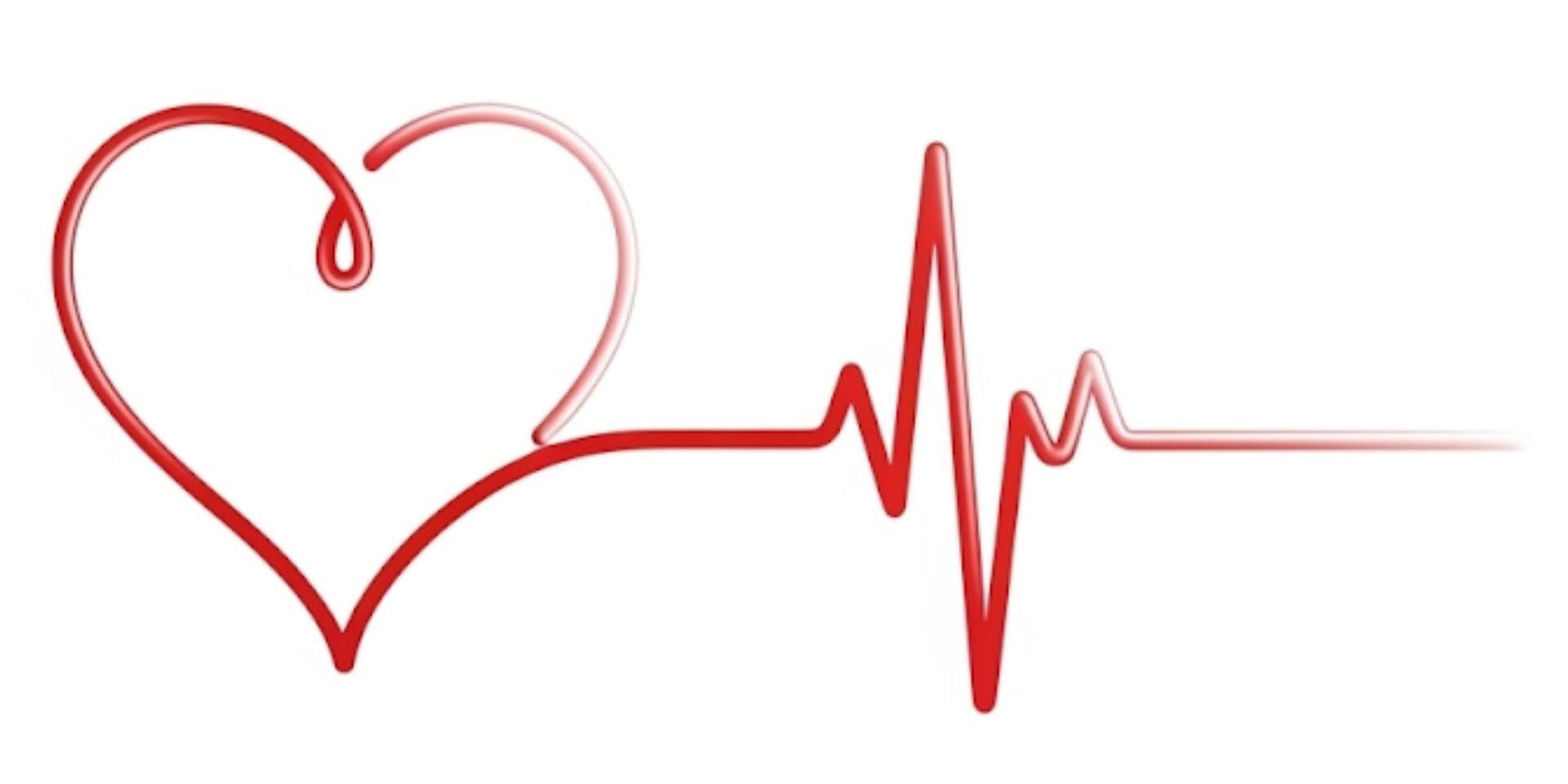The link between high blood pressure and hair loss

Your Blood Pressure Could Be Affecting Your Hair
Have you noticed your hairline creeping back or more strands in your shower drain lately? Before you blame genetics or stress alone, you might want to check your blood pressure. Recent research reveals a surprising connection between what's happening in your arteries and what's growing (or not growing) on your scalp.
When high blood pressure steals your strands
If you're dealing with high blood pressure, your hair follicles might be suffering right alongside your cardiovascular system. Studies show men with hair loss are 52% more likely to have heart disease, Emergetrichology and the connection isn't just coincidental. When your blood pressure stays elevated, it can reduce the vital blood flow that your hair follicles desperately need to thrive.
Your hair follicles need constant nourishment. Each follicle is surrounded by a rich network of blood vessels that carry nutrients during the growth phase. PubMed Central When high blood pressure compromises this circulation, your follicles essentially starve, leading to thinner, weaker hair that eventually stops growing altogether.
But here's what's particularly interesting: researchers have found that people with pattern baldness have elevated levels of aldosterone, a hormone that controls blood pressure. PubMed Oxford Academic This suggests the relationship works both ways – your blood pressure affects your hair, and certain hair loss patterns might actually signal cardiovascular problems brewing beneath the surface.
The low blood pressure puzzle
While high blood pressure gets most of the attention, low blood pressure can also impact your hair growth. If your circulation is too sluggish, your scalp isn't getting the robust blood flow needed for healthy hair production. You might notice your hair becoming dull, brittle, or growing more slowly than usual.
When your medication is the culprit
Here's something your doctor might not have mentioned: some blood pressure medications can actually cause hair loss. MHR Clinic, Medical News Today, Beta-blockers like propranolol and ACE inhibitors like lisinopril Medical News Today Drugs.com are the main offenders, typically causing a temporary condition called telogen effluvium where more hairs than usual enter the shedding phase. MHR Clinic
The good news? This type of hair loss is usually reversible. Healthmedicinet SingleCare If you suspect your medication is affecting your hair, talk to your doctor about alternatives. Calcium channel blockers generally don't cause hair issues, HealthCentral and interestingly, some blood pressure medications like spironolactone can actually help with hair growth. SingleCare
Protecting your hair and your heart
You don't have to choose between managing your blood pressure and keeping your hair. Start with lifestyle changes that benefit both: regular exercise improves circulation to your scalp while naturally lowering blood pressure. A healthy diet, rich in omega-3 fatty acids supports both cardiovascular health and hair growth.
Consider asking your doctor about minoxidil – developed initially as a blood pressure medication, it's now FDA-approved for hair regrowth NCBIMayo Clinic and can address both concerns simultaneously.
When to see your doctor
If you're experiencing sudden hair loss alongside other symptoms like dizziness, chest pain, or headaches, don't wait. Recent research from Japan involving nearly 38,000 participants found that people with pattern baldness were 32% more likely to have hypertension.
Your hair loss might be your body's early warning system. Getting both your blood pressure and hair concerns addressed together could be the smartest move for your long-term health – and your confidence.
Remember, both conditions are manageable with the right approach and professional help.
